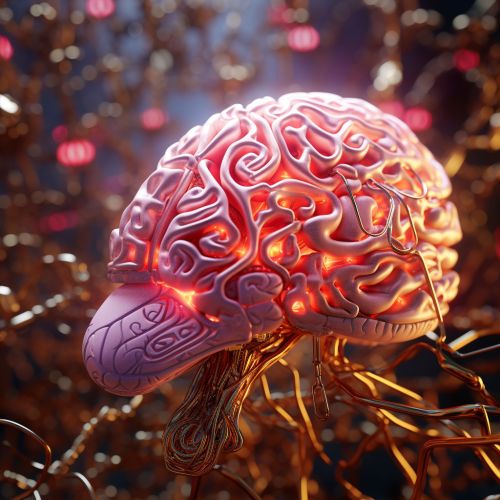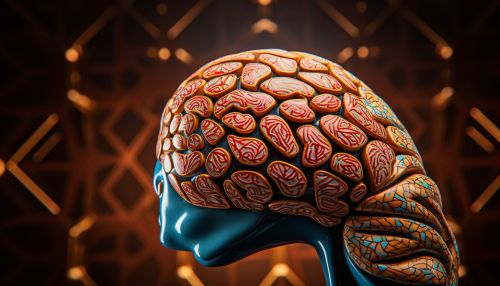Neurobiology of Addiction
Introduction
The neurobiology of addiction is a complex and multifaceted field of study that explores the neurological processes underlying addictive behaviors. This discipline combines elements of psychology, neuroscience, and pharmacology to understand how the brain's reward system is manipulated by addictive substances and behaviors.
Neurological Basis of Addiction
Addiction is primarily a neurological disorder that affects the brain's reward system. This system, which includes the ventral tegmental area (VTA), the nucleus accumbens (NAc), and the prefrontal cortex (PFC), is responsible for the feelings of pleasure and reward experienced after engaging in certain behaviors or consuming certain substances.


Neurotransmitters and Addiction
Several neurotransmitters play a significant role in addiction. The most notable of these is dopamine, a neurotransmitter that is heavily involved in the brain's reward system. Other neurotransmitters, such as serotonin, GABA, and glutamate, also play a role in addiction.
Addictive Substances and the Brain
Different addictive substances have different effects on the brain. For example, opioids such as heroin and prescription painkillers bind to opioid receptors in the brain, causing a flood of dopamine and a feeling of intense pleasure. Stimulants like cocaine and methamphetamine increase dopamine levels by blocking its reuptake, leading to increased stimulation of the reward system.
Behavioral Addictions
In addition to substance addictions, there are also behavioral addictions, such as gambling, sex, and internet addiction. These addictions also involve the brain's reward system and can be just as devastating as substance addictions.
Treatment Approaches
Understanding the neurobiology of addiction has led to the development of several treatment approaches. These include pharmacotherapy, cognitive behavioral therapy, and neurofeedback, among others.
Future Directions
The field of addiction neurobiology continues to evolve, with ongoing research into the genetic factors influencing addiction, the role of environmental factors, and the development of new treatment approaches.
